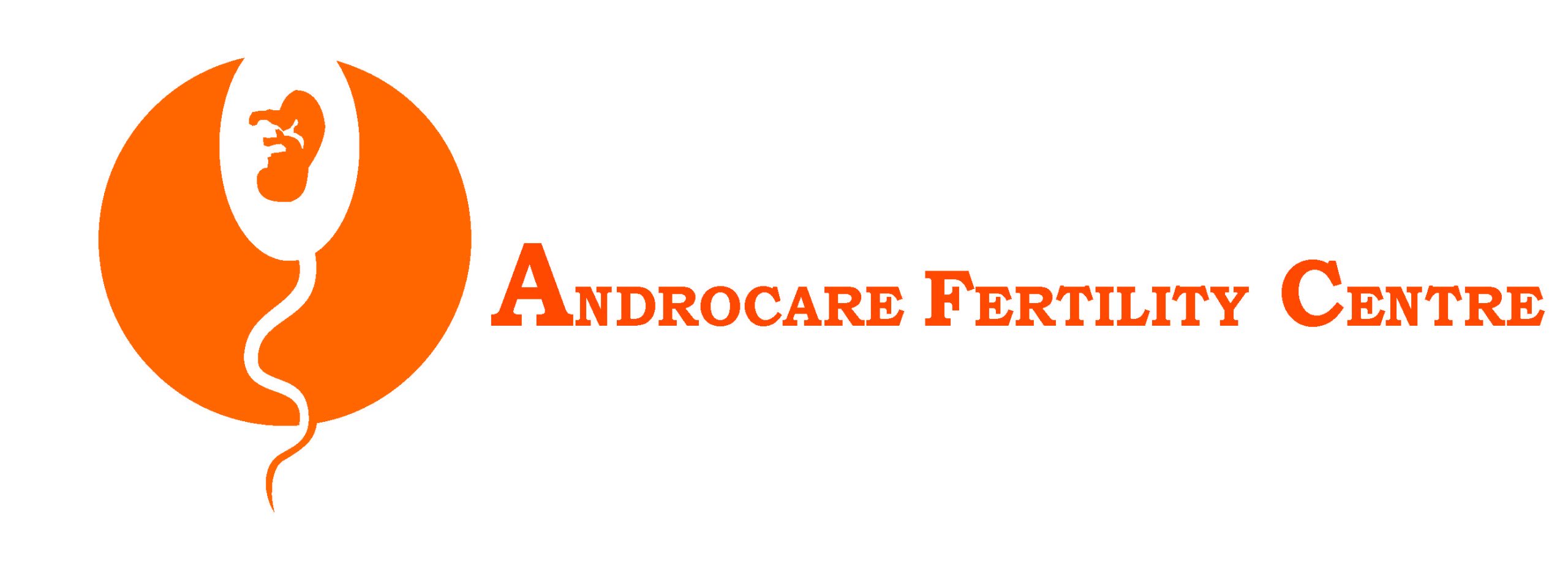Mother Sleep Deprivation: The Impact and Solutions
Introduction: The Silent Struggle of Mother Sleep Deprivation
The arrival of a child brings immense joy, but it often ushers in a significant, yet frequently understated, challenge: mother sleep deprivation. While the focus naturally shifts to the baby’s needs, the profound impact of sleep loss in mothers on their physical and mental well-being, as well as the entire family unit, cannot be ignored.
From the relentless demands of round-the-clock care to the hormonal shifts and emotional adjustments, numerous factors contribute to the pervasive issue of sleep deprivation in mothers. This guide aims to shed light on the far-reaching consequences of mother sleep deprivation and provide practical insights into understanding and addressing this critical aspect of maternal health.
Recognizing and tackling sleep deprivation in mothers is not a luxury but a fundamental step towards fostering healthier and happier families.
The Far-Reaching Effects of Mother Sleep Deprivation
The impact of mother sleep deprivation extends far beyond mere tiredness. For mothers, consistent sleep loss can trigger a cascade of negative effects on their physical health. The body’s ability to recover and repair itself is significantly hampered, weakening the immune system and making mothers more susceptible to illness.
Furthermore, mother sleep deprivation disrupts delicate hormonal balances, potentially affecting appetite regulation and stress response. Prolonged periods of insufficient rest are also linked to an increased risk of developing chronic conditions such as cardiovascular issues and type 2 diabetes, underscoring the serious physical toll of ongoing sleep deprivation in mothers.
Beyond the physical, the mental and emotional well-being of mothers bears a heavy burden under the weight of mother sleep deprivation. The crucial cognitive functions of focus, concentration, and memory become impaired, making everyday tasks more challenging.
The link between sleep deprivation in mothers and mood disorders is well-established, with increased vulnerability to postpartum depression and anxiety. Irritability levels rise, and the capacity to cope with the normal stresses of daily life diminishes significantly due to lack of sleep in mothers. Ultimately, the pervasive nature of mother sleep deprivation erodes overall maternal well-being, impacting a mother’s ability to thrive.
How Mother Sleep Deprivation Impacts Children and Family Dynamics
The ripples of mother sleep deprivation extend beyond the individual, significantly influencing children and the overall family environment. A mother’s sleep deprivation can subtly, yet powerfully, affect child’s sleep patterns. A tired mother may find it more challenging to establish and maintain consistent sleep routines for her children, contributing to fragmented sleep for everyone in the household.
Furthermore, the capacity for attuned and responsive parenting can be diminished when a mother is grappling with sleep loss in mothers. Patience may wear thin, and the ability to consistently address a child’s needs with calm and understanding can be compromised due to the mother’s sleep deprivation.
The establishment of healthy sleep habits for kids often relies on consistent parental guidance and modeling. When sleep loss in mothers makes consistency difficult, children may struggle to develop healthy sleep patterns. Moreover, the increased parental stress that frequently accompanies a mother’s sleep deprivation can permeate the family atmosphere, leading to tension and impacting overall family dynamics.
Addressing sleep deprivation in mothers is not just about the mother’s well-being; it plays a vital role in fostering a stable and nurturing environment that supports the emotional regulation and healthy development of children.
Identifying the Causes of Mother Sleep Deprivation
Understanding the multifaceted causes of mother sleep deprivation is the first step toward finding effective solutions. In the early months, the primary driver is often newborn care, with frequent night feedings and unpredictable infant sleep patterns leading to significant sleep loss in mothers.
As children grow, toddler sleep challenges, such as night awakenings and bedtime resistance, and the demands of preschooler sleep schedules can continue to disrupt maternal rest, contributing to ongoing mother sleep deprivation.
Beyond the direct demands of childcare, household chores, work responsibilities (whether inside or outside the home), and a lack of adequate support systems can all contribute significantly to sleep loss in mothers. The mental load of managing a household and family can also lead to maternal anxiety and stress, further exacerbating mother sleep deprivation by making it difficult to relax and fall asleep.
Even physical factors, such as discomfort during pregnancy and the postpartum recovery period, can play a role in contributing to the widespread issue of sleep deprivation in mothers. Recognizing these various contributing factors is crucial for developing targeted strategies to improve maternal sleep.
Practical Strategies to Combat Mother Sleep Deprivation
Overcoming mother sleep deprivation requires a multifaceted approach that prioritizes rest and well-being. Making sleep a non-negotiable priority is paramount, even amidst the demands of motherhood. Actively seeking support from partners, family members, and friends can significantly alleviate the burdens that contribute to sleep loss in mothers. Open communication about sleep needs and the equitable sharing of night duties and childcare responsibilities are crucial steps in reducing mother sleep deprivation.
Establishing healthy sleep habits for the entire family can have a positive ripple effect in combating sleep deprivation in mothers. Creating consistent sleep routines for both mothers and children signals to the body when it’s time to wind down.
A relaxing bedtime routine, tailored to a mother’s individual preferences – whether it’s a warm bath, reading, or quiet meditation – can prepare the mind and body for rest, helping to mitigate sleep deprivation in mothers. Optimizing the sleep environment by ensuring a dark, quiet, and cool room can also significantly improve sleep quality and address sleep loss in mothers.
Making conscious lifestyle adjustments can further minimize mother sleep deprivation. Limiting exposure to electronic devices before bed reduces the stimulating effects of blue light on melatonin production, promoting better sleep and combating sleep deprivation in mothers. Being mindful of caffeine and alcohol consumption, especially close to bedtime, can also prevent sleep disruption and reduce sleep loss in mothers.
Finally, incorporating regular physical activity (while avoiding intense workouts too close to sleep) can contribute to better overall sleep quality and help in overcoming mother sleep deprivation.
The Long-Term Benefits of Addressing Mother Sleep Deprivation
The commitment to addressing mother sleep deprivation yields significant and lasting positive effects that extend far beyond immediate relief. Prioritizing maternal rest has a profound impact on both physical and mental health in the long run. By consistently getting adequate sleep, mothers experience improved immune function, better hormonal regulation, and a reduced risk of chronic health conditions that are often exacerbated by prolonged sleep loss in mothers.
Furthermore, tackling sleep deprivation in mothers directly contributes to enhanced parenting capacity. A well-rested mother is better equipped to be patient, responsive, and emotionally available to her children, fostering stronger and more secure family bonds.
By making maternal rest a priority, families invest in a more stable and nurturing environment, mitigating the negative impacts of mother sleep deprivation on child development and family harmony. Ultimately, recognizing and addressing mother sleep deprivation is not merely a short-term fix but a crucial investment in the long-term health, well-being, and overall success of the entire family unit.
Conclusion: Prioritizing Rest and Well-being to Overcome Mother Sleep Deprivation
In conclusion, mother sleep deprivation is a pervasive challenge with significant consequences for individual well-being and family dynamics. Understanding the multifaceted impact of sleep loss in mothers is the first crucial step towards fostering healthier families. By recognizing the physical, emotional, and relational toll of insufficient rest, we can begin to prioritize maternal sleep as the fundamental need that it is.
Empowering mothers to seek support, establish healthy sleep habits, and make necessary lifestyle adjustments is a key strategy in combating sleep deprivation in mothers. It is essential to shift the narrative and acknowledge that prioritizing a mother’s rest is not selfish but rather a vital investment in the entire family’s health and happiness. By actively working to overcome sleep loss in mothers, we pave the way for more resilient, connected, and thriving families.
What are the early signs of mother sleep deprivation?
The initial indicators of mother sleep deprivation can manifest in subtle ways. You might notice increased irritability, a greater struggle to maintain focus during conversations or tasks, and a persistent feeling of fatigue that doesn’t seem to lift. Forgetfulness, such as misplacing items or missing appointments, can also be an early sign of a lack of sleep as a mother. Additionally, you might experience more frequent mood swings or a reduced capacity to handle everyday stressors.
When should a mother seek professional help for sleep deprivation?
It’s important to seek professional guidance if mother sleep deprivation becomes severe and significantly impacts your daily functioning, mood, or overall health. If you consistently struggle with insomnia despite implementing healthy sleep habits, or if feelings of intense fatigue, depression, or anxiety related to lack of sleep as a mother are overwhelming and persistent, consulting a doctor or a sleep specialist is recommended. They can help identify any underlying sleep disorders or mental health conditions and provide tailored treatment options.
What are some quick tips for mothers to get more sleep?
While a full night of uninterrupted sleep might feel like a distant dream in the early years, there are several quick strategies mothers can employ to gain more rest. Taking advantage of nap times, even for short 20-30 minute power naps, can help mitigate the effects of mother sleep deprivation. Establishing a calming bedtime routine, even if it’s just for 15 minutes before attempting sleep, can signal to the body that it’s time to wind down. Optimizing the sleep environment by ensuring the bedroom is dark, quiet, and cool can also improve sleep quality and help combat sleep loss in mothers. Finally, don’t hesitate to communicate your need for rest to your partner or support network and explore strategies for shared nighttime responsibilities.
Can chronic mother sleep deprivation have long-term health effects?
Yes, prolonged and unaddressed mother sleep deprivation can indeed have serious long-term health consequences. Research suggests a link between chronic sleep loss in mothers and an elevated risk of developing cardiovascular problems, type 2 diabetes, and mental health disorders such as depression and anxiety. The persistent stress on the body and mind due to inadequate rest weakens the immune system and disrupts vital physiological processes, underscoring the importance of addressing sleep deprivation in mothers for long-term well-being.
How much sleep do mothers ideally need?
While individual needs vary slightly, the general recommendation for adults is around 7-9 hours of quality sleep per night. However, the reality of early parenthood often means that achieving this ideal is challenging, and sleep deprivation in mothers becomes the norm. Even when a full 7-9 hours isn’t consistently possible, prioritizing strategies to maximize sleep efficiency and obtain even short periods of uninterrupted rest can make a significant difference in combating the effects of mother sleep deprivation.

